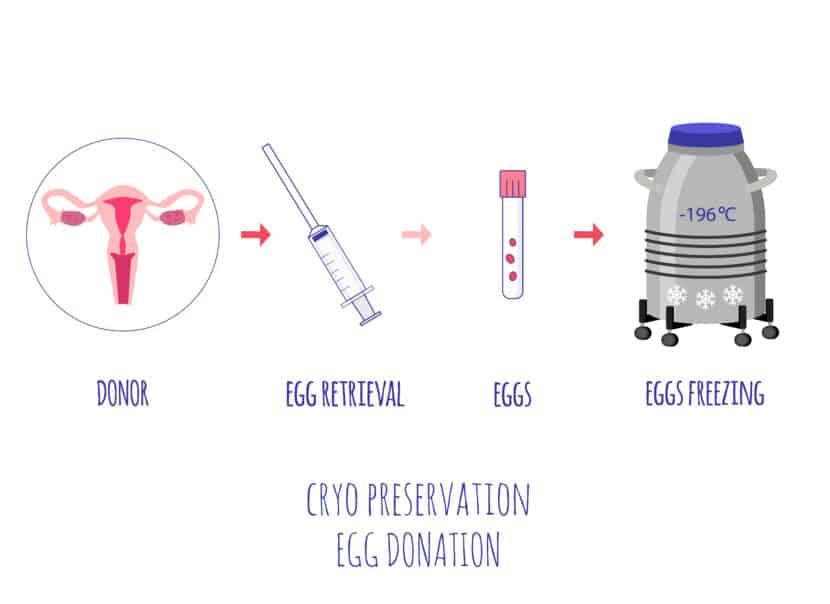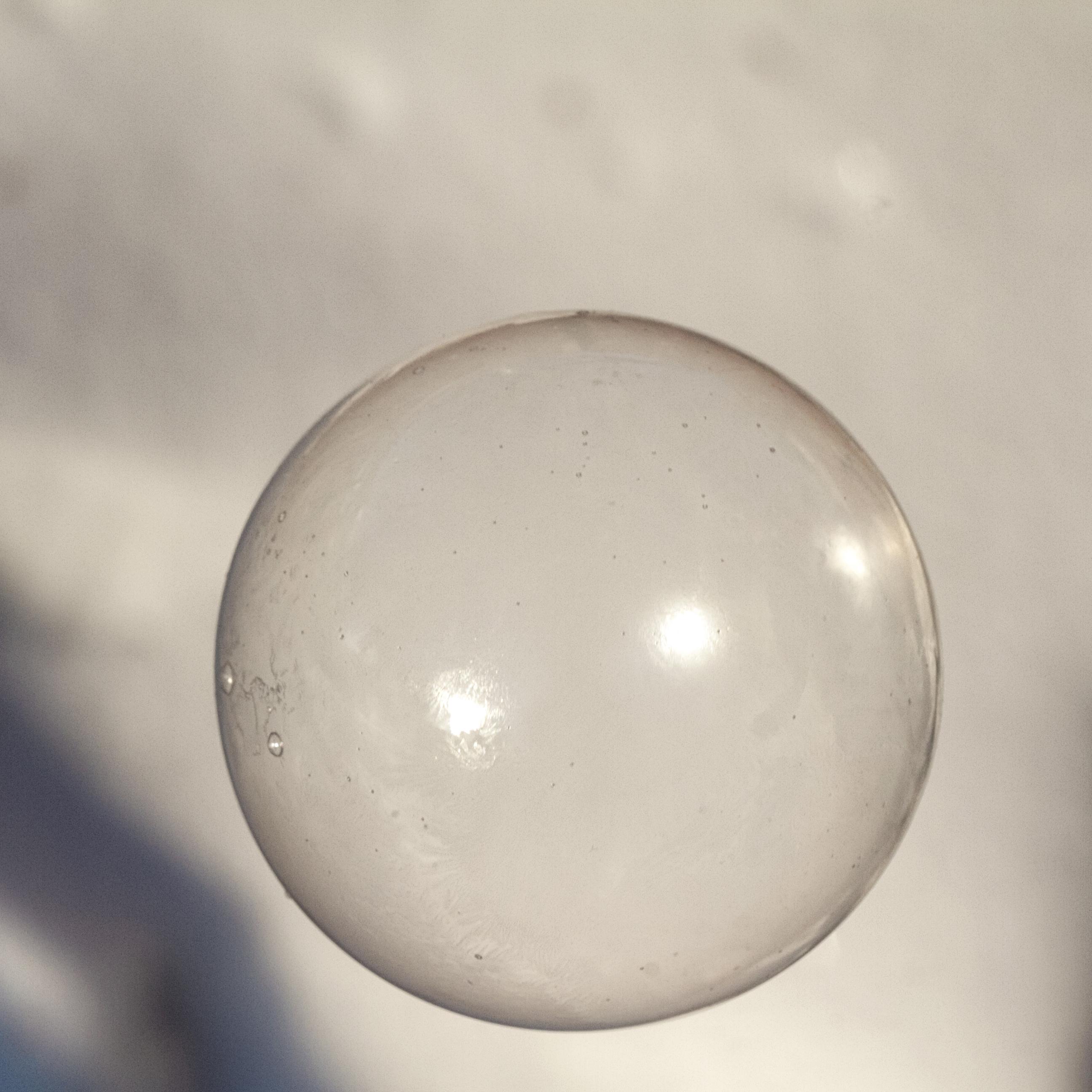In a world where the ticking of the biological clock often echoes louder than ever, the option for women to freeze their eggs for future fertility has emerged as both a beacon of hope and a topic of debate. As modern life intertwines with the timeless desire to build a family, this scientific marvel offers a pause button in the relentless race against time. Yet, it also raises compelling questions: Is this a wise investment in future possibilities or a gamble with unpredictable odds? As we delve into the complexities surrounding this decision, we aim to unravel the science, the emotional considerations, and the societal implications, providing a comprehensive guide to a choice that could redefine the narrative of motherhood.
Exploring the Science Behind Egg Freezing
The science of egg freezing, known as oocyte cryopreservation, is a marvel of modern reproductive technology. This process involves harvesting a woman’s eggs, freezing them unfertilized, and storing them for future use. Cryopreservation offers a unique opportunity for women to extend their fertility window, potentially alleviating the pressure of balancing career, personal goals, and the biological clock. The procedure starts with hormone injections to stimulate the ovaries, followed by a minor surgical procedure to retrieve the eggs. Once collected, the eggs are cooled to sub-zero temperatures using a method called vitrification, which prevents the formation of ice crystals and ensures better survival rates during thawing.
Understanding the benefits and limitations of this technology is crucial for those considering this option. Some advantages include:
- Extended fertility timeline: Allows women to delay pregnancy until they are ready.
- Increased chances of conception: Especially beneficial for women facing medical treatments that may affect fertility.
However, it’s essential to weigh these against potential drawbacks, such as:
- High cost: The procedure can be expensive, with additional costs for storage and future IVF treatments.
- No guarantee: While technology has advanced, there is no absolute assurance of successful pregnancy later.
Ultimately, the decision to freeze eggs is deeply personal, requiring careful consideration of individual circumstances and future plans.

Understanding the Emotional and Financial Investment
Choosing to freeze eggs is not just a medical decision but also an emotional and financial journey. Emotionally, women often face a spectrum of feelings ranging from hope and empowerment to anxiety and uncertainty. The procedure offers the potential to extend fertility, providing a sense of control over one’s reproductive future. However, it also requires confronting personal timelines and aspirations, which can be both liberating and daunting. Understanding these emotional nuances is crucial as they play a significant role in the decision-making process.
On the financial front, the investment can be substantial, with costs varying widely depending on location and the number of cycles needed. Prospective candidates should consider:
- Initial consultation and testing fees
- Medication costs
- Procedure and anesthesia charges
- Annual storage fees for the frozen eggs
Insurance coverage for egg freezing is often limited, adding another layer of complexity to the decision. As women weigh these factors, it’s essential to evaluate personal priorities and resources, ensuring that both emotional and financial investments align with long-term goals.
Evaluating the Right Age for Egg Preservation
When considering the preservation of fertility through egg freezing, determining the ideal age can be a pivotal decision. Biologically, women are born with a finite number of eggs, and as they age, both the quantity and quality of these eggs decline. This natural progression suggests that younger women may have a better chance of retrieving healthy eggs. However, it’s essential to balance this biological reality with personal and professional circumstances. For some, the late 20s to early 30s may be an optimal time, as it often aligns with the period before significant declines in fertility begin.
Several factors come into play when evaluating the right age for egg freezing, including:
- Career goals: Women focusing on career advancement might consider early preservation.
- Health considerations: Underlying health conditions could influence the timing of this decision.
- Financial resources: The cost of egg freezing and storage might impact the decision-making process.
- Relationship status: Those who are not in a position to start a family might opt for earlier preservation.
Ultimately, the decision is deeply personal, and consulting with a fertility specialist can provide tailored insights based on individual health profiles and life goals.

Balancing Career Goals and Family Planning
In today’s fast-paced world, women often find themselves at the crossroads of career advancement and starting a family. The option of egg freezing has emerged as a potential solution, offering the flexibility to plan motherhood around professional aspirations. However, deciding to preserve fertility for the future is a deeply personal choice that involves weighing several factors. Career-driven women might consider egg freezing as a way to pursue leadership roles without the immediate pressure of a ticking biological clock. On the other hand, the procedure is not without its emotional and financial costs, and it does not guarantee future success in conception.
When contemplating egg freezing, several considerations come into play:
- Financial Investment: The process can be expensive, with costs varying widely depending on the clinic and location.
- Health Factors: The best time to freeze eggs is typically in a woman’s late twenties to early thirties, when egg quality is highest.
- Emotional Readiness: It’s crucial to be emotionally prepared for the procedure and its implications, both now and in the future.
- Long-term Career Goals: Reflect on how career aspirations align with personal life plans and whether postponing motherhood supports these goals.
Ultimately, the decision to freeze eggs should be guided by a woman’s individual circumstances, values, and future visions, ensuring that her choices empower her both personally and professionally.








